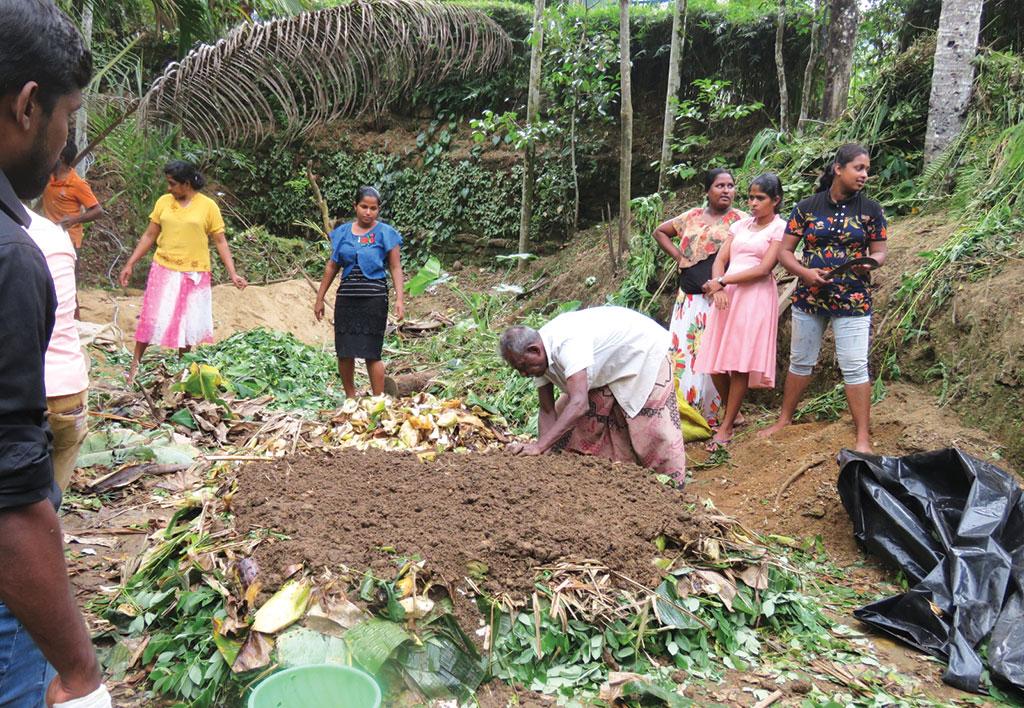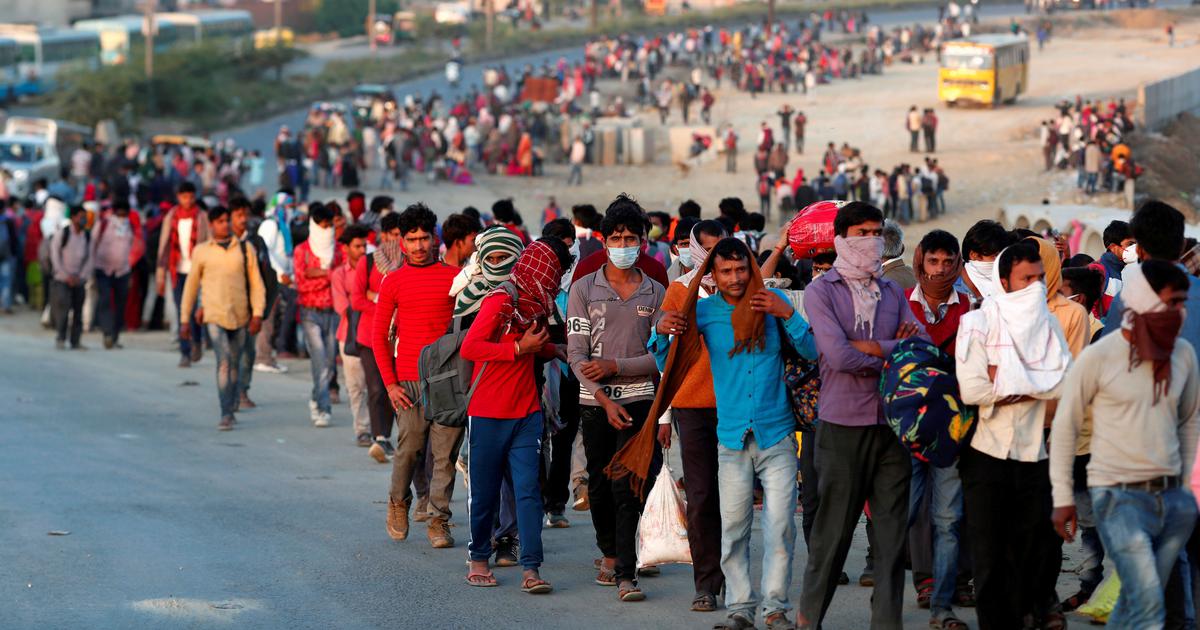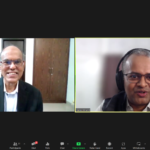Organic debacle in Sri Lanka has policy lessons for India
Failure of the fertilizer ban imposed by Sri Lanka holds lessons on how to conduct public policy
Sri Lanka is currently going through its worst economic crisis with shortages of essential items hitting every section of society. Various macro-economic factors like exhausted foreign exchange reserves, huge foreign debt, erosion of incomes in a country dependent on tourism and international remittances due to the pandemic and falling currency precipitated the crisis. But, another self-inflicted harm that compounded the crisis was the now failed objective to become the world’s first 100% organically farmed country.

In 2019, the Rajapaksha regime promised subsidised fertilisers to farmers as a poll promise, only to make a U-turn after President Gotabaya Rajapaksha restricted imports of chemical agricultural inputs. This was done to put Sri Lanka on the path of sustainable farming and shore up dwindling foreign exchange reserves. No matter the motivations, the policy has failed with the government now going back on its decisions and hastily importing fertilisers as domestic agricultural production dropped severely and exports were hit. A year into the ban, the decision has turned out to be a catastrophic failure with grain output falling by 43℅ and tea production (a major export) by 15%. Farmers unable to get their hands on fertilizers saw dramatic decreases in their crop yields. Low domestic yield not only pummeled Sri Lanka’s exports, but it also caused a decline in the domestic supply of essential foodgrains exacerbating the crisis at a time when the country couldn’t afford to import them owing to low foreign exchange reserves.
While the crisis holds valuable economic and geo-political lessons on fiscal discipline and compromised sovereignty under burgeoning foreign debt, the failed undertaking has also unleashed a lively debate on the viability of organic farming. Its opponents question whether it is an effective alternative to conventional farming, and its proponents believe it to be an essential path to preventing environmental degradation and poisoning. However, another important lesson this crisis can teach us is how to effectively conduct public policy.
The first lesson is the impact that sudden diktats and ‘farmans’ have on the people. In this era of populism, democracies seem to be succumbing to this tendency among leaders to brandish their strongman credentials by announcing major disruptive decisions in an arbitrary, abrupt manner. When the decision to ban imports of chemical fertilizers, pesticides and weedicides was announced by the Sri Lankan government and farmers were told to switch to organic methods, numerous farm organizations and experts warned the government of a decrease in production and subsequent food shortages. Leaving aside legitimate concerns regarding low agricultural yield through organic methods of farming, experts suggested that the government should instead gradually decrease the usage of agrochemicals by implementing a proper system to monitor excess usage of agrochemicals and increase the production of organic fertilizers within the country.
India too is no stranger to overnight farmans, the most infamous of which was the abrupt decision to demonetise high-value currency notes. The decision was announced at around 8 PM on the night of 8th November 2016 and came into effect at midnight. The decision caused widespread confusion in the short term and economic hardships among the masses both in the short and long term.
Policies that have the tendency to be highly disruptive on a massive scale require substantial buffer time between when the policy is announced and when it must come into effect. This allows people enough time to adjust and modify their behaviour without much upheaval in their lives.

Another major instance that many Indians can recall was the sudden decision to announce a full-scale nationwide lockdown on the 23rd of March, 2020 when India was at the very initial stages of the Covid-19 pandemic. The abrupt decision saw people scrambling to hoard essential food items. Even essential services remained closed for some time. It was a time of great confusion and uncertainty. Leaving aside the devastating economic impact, the nation witnessed thousands of migrant workers across the country walking thousands of miles back to their hometowns after losing their livelihoods in the cities. Many perished on their way while many undertook arduous journeys on empty stomachs and wallets. It was a time of unspeakable misery. A couple of weeks later, the PM addressing these sufferings apologized to the nation defending his decision as necessary.
Another valuable lesson is that public policy is a consultative consensus-building process. Not only should public officials engage and extensively consult all stakeholders on the virtue of their democratic obligations but also ensure the successful implementation of a policy and make sure all concerns and legitimate interests are factored in. Those who would lose out from the decision should also be taken into confidence and adequately compensated. Confident and competent policy makers work not in secrecy, opaqueness and with elitist arrogance imposing their whims over the ‘ignorant’ people, but out in the open. When the path of consensus-building is chosen, people are well aware of the change that might be coming and aren’t shocked when a final decision is taken.
However, such a path consumes time and energy and is often downplayed as “paralysis through analysis“. The tendency to choose the authoritarian path is quite tempting. However, successful policies are the ones that are drafted through many deliberations and are allowed to play out over an adequate time period patiently (except in cases of public emergencies).
Another important lesson that this failed undertaking has laid bare before us is the importance of experimentation in policy implementation. Just like a new medication goes through rigorous tests and analysis before it is made available to the people, similarly, a novel policy decision affecting a large section of society must first be undertaken in a controlled manner and environment. It should be closely monitored and its results extensively reviewed. Later, the initiative could be scaled up or down depending upon the results. Instead of going full guns blazing on 100 percent organic farming overnight and arbitrarily banning all imports, the Rajapaksha government could have undertaken such an initiative gradually beginning from a few regions or crops and then scaling it up.
One of the reasons why demonetization suffered from difficulties in policy design and implementation was large was because it was shrouded in secrecy. Mandating inflation targeting in the RBI Act was no small reform but a major milestone in the RBI’s history. The reform succeeded because the entire process was open and allowed to play out over an adequate time period. Therefore, successful policy decisions are ones that are extensively deliberated upon, experimented with and adequately communicated. We in India must learn from these mistakes and make sure not to inflict them upon our own people.
About the Author: Musharraf Aamir studies political science at the University of Calcutta, and is a Writing Fellow at Fellowship for Freedom in India. Views are personal.




Leave a Reply